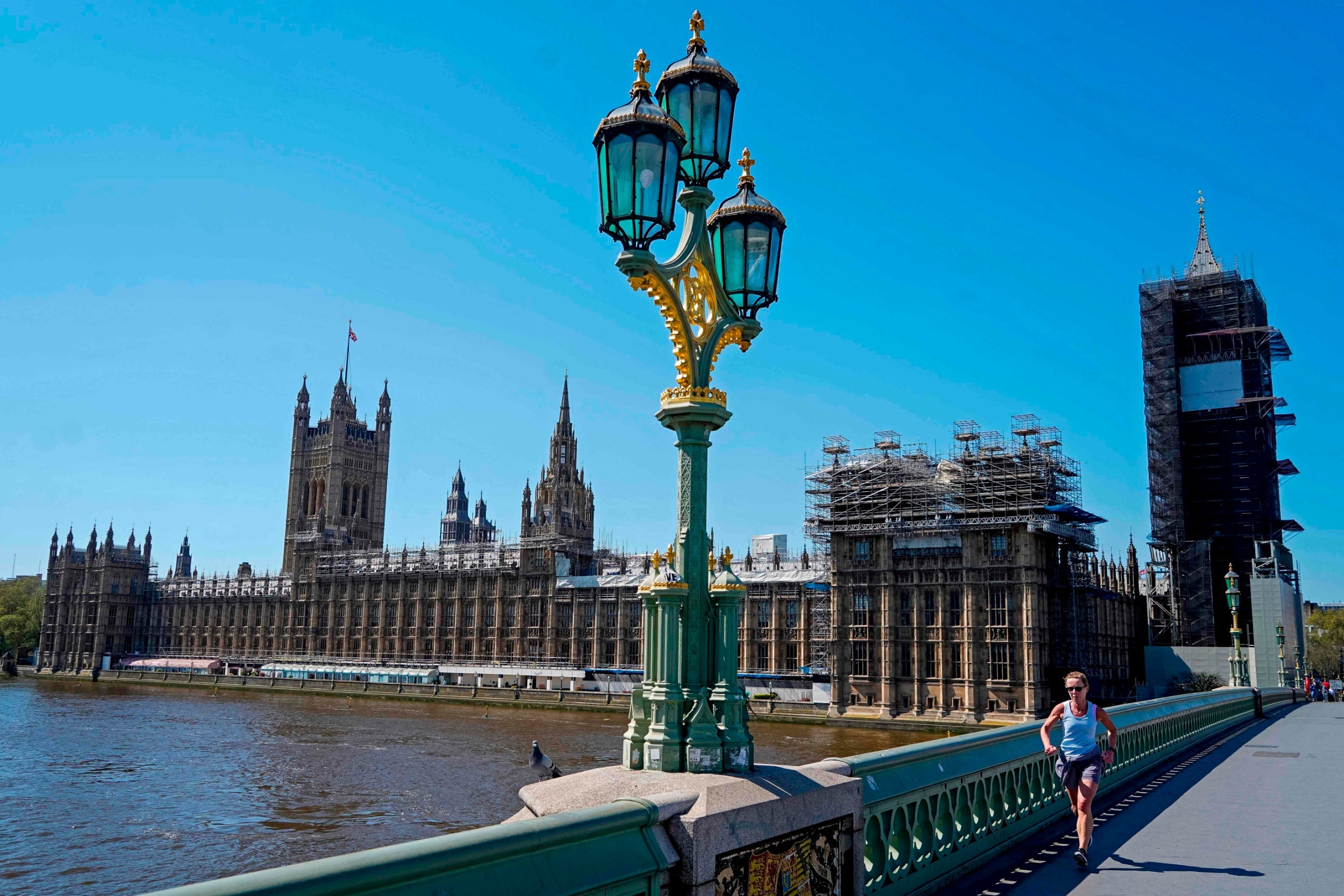Review launched into plans to relocate MPs to temporary Commons chamber during Parliament restoration
Independent body to re-examine the project to 'ensure best value for money'

Plans to relocate MPs to a temporary Commons chamber while essential restoration work is carried out on the Palace of Westminster are to be reviewed amid pressure on public finances due to the coronavirus outbreak.
The independent sponsor body – set up last month to oversee the repair and renewal of the Unesco World Heritage site – said it will re-examine evidence developed over five years ago, to “ensure best value for money”.
It comes after MPs voted in favour a multi-billion pound “full decant” of the Palace of Westminster in 2018 – approving proposals for a temporary debating chamber in Richmond House, on Whitehall.
The new body, which is expected to present the findings of its review in the autumn, however, warned the longer the essential work is left, “the greater the risk of a catastrophic failure from fire, flooding or falling stones”.
According to the National Audit Office (NAO), parliamentary authorities have already spent £369 million on maintenance costs since 2016, with over 40,000 issues reported on the estate since 2017 and a backlog of repairs estimated to exceed over £1 billion.
The review is set to consider whether the current solutions “present value for money, what opportunities exist for a quicker and cheaper temporary accommodation, and how changing working behaviours in response to Covid-19 affects options or requirements for temporary accommodation.
Launching the review, the sponsor body said: “It was always envisaged that when the sponsor body was set up in law, and the delivery body established, certain aspects of the programme would be reviewed.
“But given the completely altered political and economic landscape, the review will need to be both deeper and more wide-ranging.”
Sarah Johnson, the sponsor body CEO, said: “The restoration and renewal of the Houses of Parliament will be the biggest and most complex heritage project ever undertaken in the UK, protecting one of the world’s most recognisable buildings and likely to support thousands of jobs across the country.
“The Sponsor Body has been set up to ensure that the project is delivered in the most efficient way that delivers value for money. It is entirely appropriate that we should pause at this time to consider the validity of recommendations made over five years ago before either the Sponsor Body or the Delivery Authority was formed.
“The impact of the current health crisis on public finances and Parliament’s ways of working has made it even more essential that we review both the strategy for relocating the two Houses ad the scope of the restoration of the Palace.”
Join our commenting forum
Join thought-provoking conversations, follow other Independent readers and see their replies
Comments